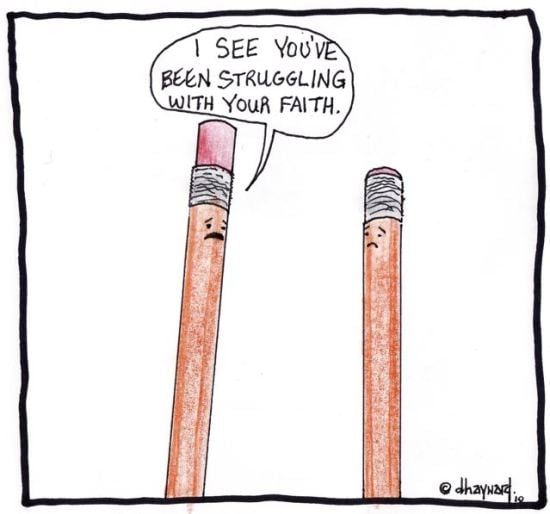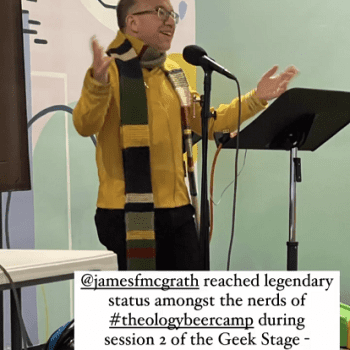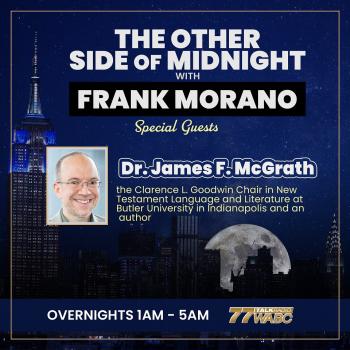Val Webb shared a talk that she gave on on faith, beliefs, and theological hospitality. Here’s a sample:
When theologian John Cobb, a child of missionaries, entered the University of Chicago, he said:
In a few months, I discovered that my understanding of Christianity melted away through my exposure to the thought of the modern world. I was appalled at how quickly a faith I had thought so secure was undercut. I experienced what has since come to be called “the death of God,” and it felt very much like my own spiritual death as well.
Cobb faced his doubts squarely instead of what he called spending the next three years “hammering nails into the coffin of my childhood God.” Fortunately, his first professor in Divinity School, Charles Hartshorne, introduced him to Process theology which made more sense to him than anything else he had heard.
This is a challenge to pastoral care workers. Not all people are lucky enough to find a mentor, and are left to struggle in themselves, sometimes for a lifetime, with their doubts, always hoping for some hint of a different way to think. When Karen Armstrong left the convent, she wrote, “I could no longer believe in the doctrines of the church, but I still longed for the sense of heightened intensity and transcendence that the convent had promised to give me.” Many people are at this place today – frustrated by the unwillingness of religion to address contemporary challenges in a scientific world; put off by hymns, readings and liturgies that perpetuate outdated cosmology and theology; yet unwilling to forego the community of faith that has been important in their history.
David Hayward shared a cartoon that is related, which he described as being about “struggling with one’s faith”:

Perhaps fundamentalism could be defined as a type of faith that is opposed to the use of an eraser – one that never wants to admit being wrong, and which encourages rigidity as though it were fidelity, and stands as an obstacle to learning, growing, and discovering.
There have been other posts related to this theme:
Kelly Pigott blogged about having the courage to question.
R. T. Jones blogged about why reason must stand above Scripture.
The Rethinking Religion blog had a post about Buddhism adjusting to the progress of science.
Marcus Borg responded to a critic.
Chris Glaser blogged about his dark night of the soul experience.
















